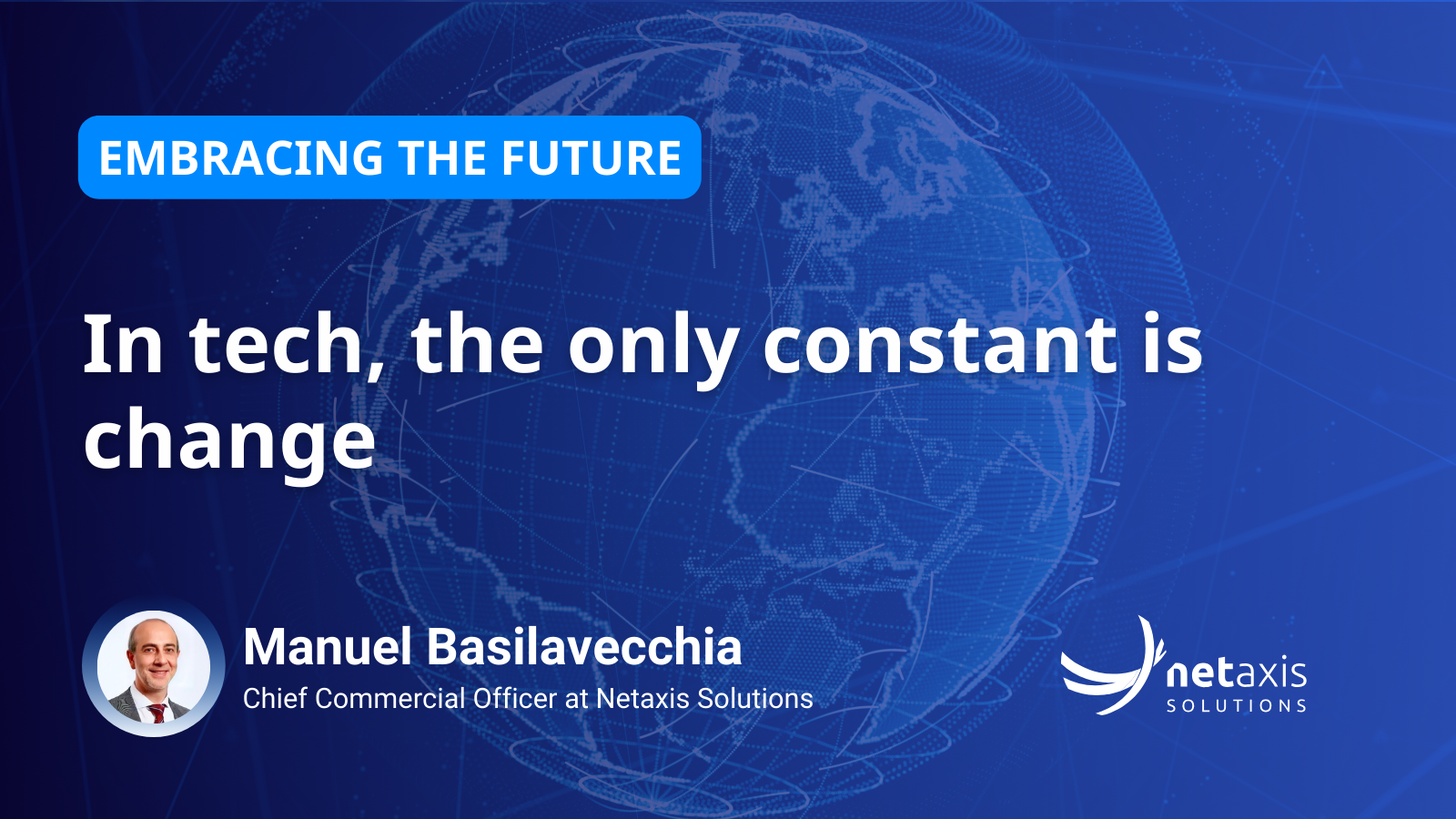My early career was in the semiconductor industry. I am now in telecoms. The join was made when I spearheaded the development of the first purposely designed IP phone processor chip. Way back when… In this time, a number of drivers for change have stayed constant, whatever industry I’ve been in.
Moore’s Law
There are forces driving change that span both, indeed every industry in fact, but the first that springs to mind is Moore’s Law, which very much emanated from the chip business. Moore was the co-founder of Intel.
In case you have been living in a bubble all your life, Moore’s Law predicts that the number of transistors in a chip doubles approximately every two years. The effect of this is for any given die size, the amount of onboard processing power or memory would double every two years.
There are all sorts of factors that will affect whether Moore’s Law will still be relevant in the future, but for sure, what it has given us today is low-cost cloud storage and computing that should continue to grow in performance and drop in price as time goes by.
Human ingenuity
The next driver is you, dear reader — your insatiable appetite to invent new things. Somebody invented the API, for example, to choose a fairly basic technical feature relevant to today’s telco world. Someone also invented AI, Blockchain, Virtual Reality and quantum computing. There is no method of forecasting the winner of the three thirty at Ascot races yet, but who knows, with AI, it might come.
Competition
The third driver is competition. In sports, this is just an inbuilt desire to beat the other person and show you are better than them (at tiddlywinks, golf, netball, etc). Our desire to make lots of money fuels the competitive spirit in the industry. The need to do things bigger, faster, better, more cheaply than the next guy brings change. Lots of change. Rapid change.
Change or die
The one thing we all have to do is accept that all this change is inevitable. We have a duty to our own families and our employees, shareholders and other stakeholders to embrace this. There are some high-profile businesses that did not do this that, as a result, are no longer around. Blackberry, for example, did not change with the times, and an industry-leading device died a death.
Coping strategies
There are a number of strategies a company and its people can adopt to cope with change. The first would be agility and adaptability. If your competitors are bringing out newer, better products and services, you need to do the same. You need to be quick and agile enough to do it before them. Keep your minds open to new ideas. Experiment.
Then there is staying focused on your core competencies. In the semiconductor world it was said if you couldn’t be number one or two in the market there was no point being there. What are your strengths? Is there stuff you could sell off as being a distraction, a market sector you could vacate, or non core services you could outsource to specialists who could do the job better and more cheaply than you?
In telecoms, this thought process could lead naturally to the outsourcing of the running of your network or platform to the cloud. This, in turn, leads to the question of people. One of the reasons telcos hold back on moving to the cloud is the reticence of engineers to support something that might be doing them out of a job. Interestingly, at Netaxis, we already, to some extent, see the driving forces for moving to the cloud coming from product and business management as opposed to engineering.
People should embrace lifelong learning. A good engineer is going to be good at any sort of engineering work. His or her training in problem-solving and analytics can be applied to any discipline. Along the same lines, a business should foster a culture of innovation. Create an environment that encourages and rewards creativity, critical thinking and risk-taking.
The tech world is a thrilling place, a constant whirlwind of innovation and disruption. Where yesterday’s cutting-edge is tomorrow’s relic and where new trends emerge faster than you can say “metaverse.” But amidst the dizzying pace, one thing remains constant: change is inevitable.
Conclusion
Change is not something to fear but an opportunity to grow and evolve. By embracing the inevitable and developing the right strategies, we can not only survive in the dynamic tech world but also thrive and shape its future. So, buckle up, get ready to learn, and remember: the only constant in tech is change — and that’s what makes it so exciting.
Ready to elevate your telecoms services?
Get in touch to see how Netaxis can enhance your UC proposition.





